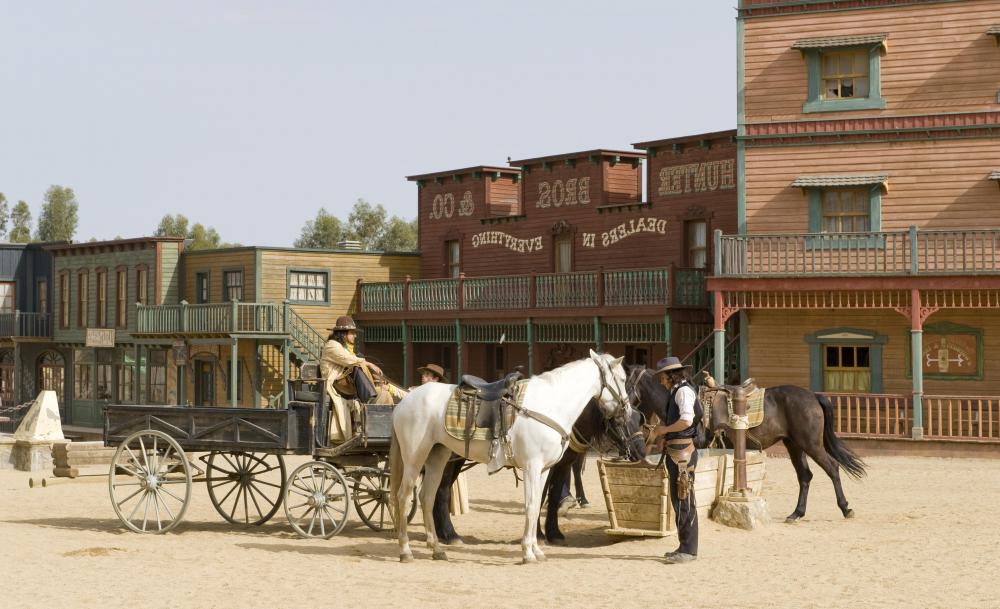At WiseGEEK, we're committed to delivering accurate, trustworthy information. Our expert-authored content is rigorously fact-checked and sourced from credible authorities. Discover how we uphold the highest standards in providing you with reliable knowledge.
What does It Mean to "Fall off the Wagon"?
When someone is said to have fallen off the wagon, it means that he or she did something which he or she had pledged not to do. This term is often used in the context of drinking; people who try to quit drinking may struggle and fall off the wagon at some point in response to stress, social temptation, and other factors. This idiom can, of course, also be used to describe participation in other forsworn activities, or a failure to keep a vow to do something.
The origins of this phrase lie in the 1800s, with the temperance movement. During this era, many people felt that alcohol was an extremely harmful substance, and they abstained from alcohol while encouraging others to do the same. The term references the water wagons which were once drawn by horses to water down dirt roads so that they did not become dusty. Members of the temperance movement said that they would sooner drink from a water wagon than touch a drop of alcohol, so when someone failed to keep a temperance pledge, people would say that he or she had fallen from the wagon.

A fall off the wagon can be learning experience, especially for people who are struggling with addictions. In the case of alcohol and drug addiction, someone may fall when he or she is pressured or enters a social environment which encourages reversion to old habits, and the experience can be a reminder to be careful. Some people learn not to put themselves in certain situations, for fear of falling off the wagon.

This term can be used for all sorts of situations. For example, someone who fails to keep up with a resolution to exercise more might say that he or she has fallen off the wagon. The idea that someone “falls” rather than “jumps” off the wagon illustrates the fact that it can be very hard to keep vows for personal improvement, underscoring the fact that the circumstances may have been slightly out of control.

While it can be tempting to give up after a fall off the wagon, it is a good idea to climb right back on again, so to speak. It can help to remember why one made a vow to do or not do something in the first place, and to reaffirm the vow after a fall. Some people find that it helps to ask for assistance from friends or support programs to make it more difficult to fall.
AS FEATURED ON:
AS FEATURED ON:

















Discussion Comments
@ Comparables- As pessimistic as what you wrote sounds, it is entirely true. I have had a few very close friends die from drug addiction, and I have lost family members to addiction. My fiancée’s sister recently lost her child to the state because of her addiction. My fiancée used to care for her child on a regular basis, and it was hard for her to deal with when she found out.
Honestly, my fiancée will likely lose her sister to her unshakeable addiction in the next few years. She has been committed, arrested, and bounced off the bottom a few times, but she doesn't want to change. All my fiancée can do is hope that this doesn't happen. All I can do is brace for when it does, and promise to be there for my fiancée.
Addiction is definitely a lifelong affliction. I have a few addicts in my extended family, as I am sure most do, that have been battling on and off with their addictions as long as I can remember. The effects of an addict falling off the wagon can be devastating to some family members. Addiction can tear families apart, and often the only remedy is to learn to live with it. Only the addict can want to change, and in some cases no matter how hard you or they try, the addiction will always win.
Post your comments